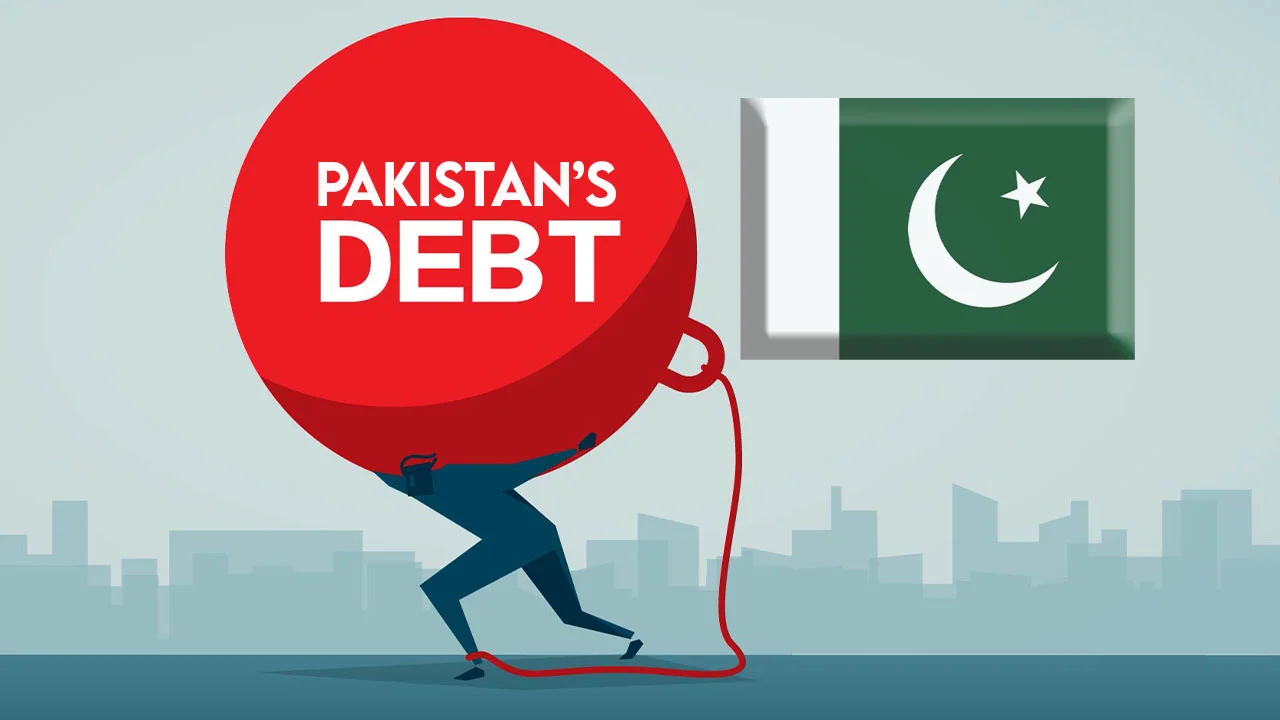
Pakistan’s Plan to Pay Off Rs. 60 Trillion Debt by 2032: A Bold Strategy
Pakistan is set to embark on an ambitious journey to pay off Rs. 60 trillion of its total debt by 2032. This massive financial overhaul is crucial for the nation’s economic stability and long-term growth. With strategic planning and robust policies, the government aims to reduce its debt burden, ensuring a more sustainable future for the country.
The Debt Challenge
Pakistan’s debt has been a persistent challenge, affecting its economic policies and development programs. The debt comprises both domestic and international loans, with a significant portion owed to multilateral institutions. The government’s plan to pay off Rs. 60 trillion by 2032 is not just ambitious but also necessary to avoid further economic strain.
Government’s Debt Reduction Strategy
To achieve this goal, the government is focusing on several key areas:
- Economic Growth: By promoting industrial growth, boosting exports, and attracting foreign investment, the government hopes to increase its revenue streams. This economic growth is essential to generating the funds needed to pay off the debt.
- Tax Reforms: Improving tax collection and broadening the tax base are central to the strategy. By ensuring that more individuals and businesses pay their fair share, the government can increase its revenue without overburdening the existing taxpayers.
- Austerity Measures: The government plans to reduce unnecessary expenditures and implement austerity measures across various sectors. This will help in diverting more funds towards debt repayment.
- Privatization and Asset Sales: Selling off non-performing state-owned enterprises and other government assets is another approach being considered to raise funds. The privatization of these entities is expected to generate significant revenue.
- Debt Restructuring: Negotiating better terms with creditors and restructuring existing loans can provide some relief and make it easier to manage the debt load.
Impact on the Economy
If successful, this plan could have a transformative impact on Pakistan’s economy. Reducing the debt burden will free up resources that can be invested in critical sectors like education, healthcare, and infrastructure. It will also improve the country’s credit rating, making it easier to attract foreign investment.
However, the plan’s success depends on the government’s ability to implement these strategies effectively. Political stability, consistent policies, and the support of international financial institutions will be crucial in achieving this goal.







